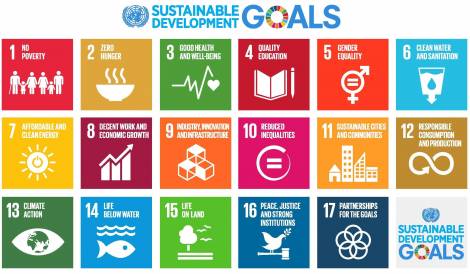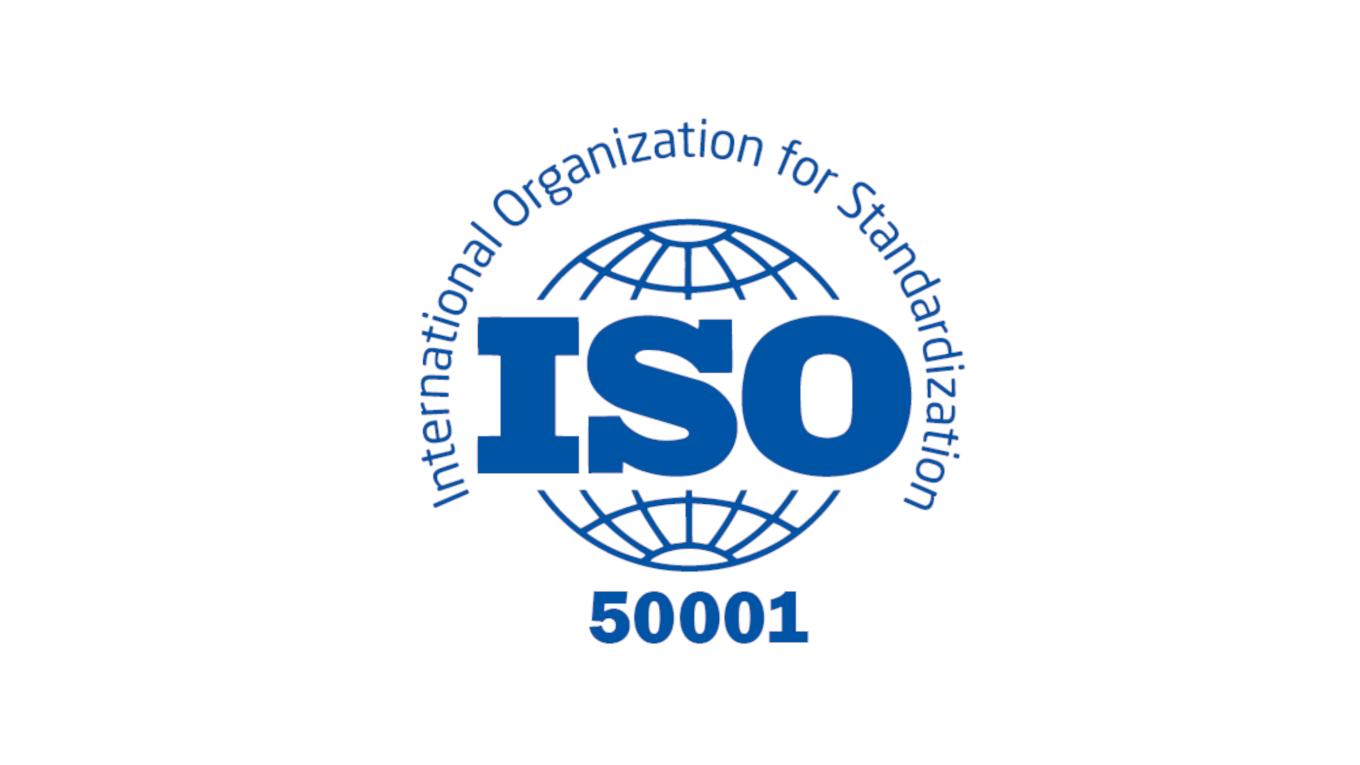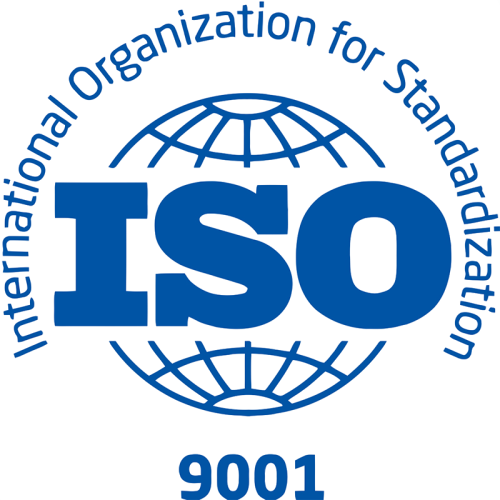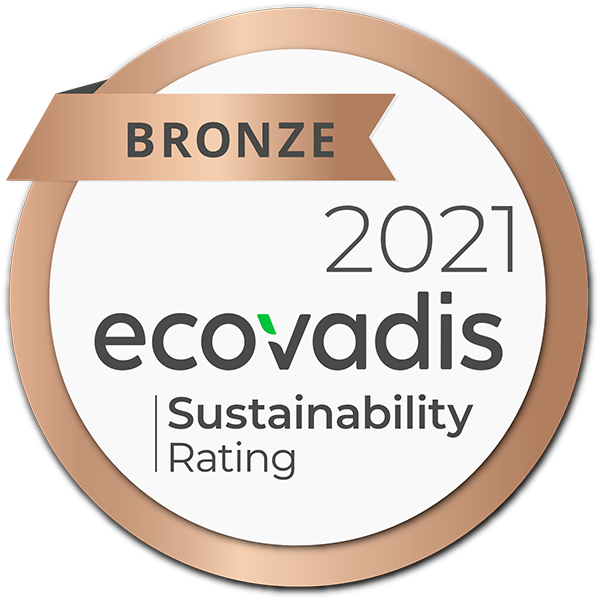Sustainable development



Our mission
To improve people's health and preserve the planet by providing comprehensive and innovative solutions for excellence in operational safety, product quality and environmental protection to support our customers' activities in the fields of pharmaceuticals, chemistry, plant chemistry and waste recycling
Our ambition
To position the Group's future on a path of sustainable and
profitable growth. Through innovation and the development of our technological capabilities, we aim to provide our customers with a broader range of products, solutions and service offerings while continuing the century-long history of innovation, passion and
solutions that defines De Dietrich
Our commitment
Corporate Social Responsibility (CSR) is in the DNA of De Dietrich. In view of society's growing expectations on these issues, we are going to take a further step and integrate a new dimension into our Ambition 2026 transformation plan to better respond to environmental, societal and social issues. This approach will help preserve our ecosystem and strengthen our employees' sense of belonging to this historic group.
Committed to a better world
In order to illustrate our roadmap, our actions will be inscribed in the framework of the 17 sustainable development goals (SDGs) of the UN Global Compact, of which we have been a member since 2021
Click here to learn more about our engagement within the UN Global Compact.

The Earth, our planet, is in danger. Today, we consume and we waste a lot of the natural resources whose creation has taken millions of years: air, water, oceans, forests, lands, biodiversity, … We do not have a spare planet !
So, how could we satisfy our actual needs without definitively deplete our planet and preserve Earth for the future generations ?
Just by learning how to save and how to share our resources, by using new and clean technologies, and above all, by changing our consumption habits and our behaviors towards our planet.
As part of our sustainable development approach, in 2020 we implemented an energy management system at our French production sites, based on the ISO 50001 standard. The objective is to continuously improve our energy performance over the long term by adopting methodical management of electricity and fossil fuel consumption, while helping to reduce greenhouse gas emissions.
The year 2021 was also marked by the recognition of the work carried out by all the group's QHSE teams with the award of the EcoVadis bronze certificate. Founded in 2007, EcoVadis is an independent reference organization that evaluates the integration of Sustainable Development criteria in customer/supplier relationships.The EcoVadis methodology is based on international sustainability standards, in particular the Global Reporting Initiative, the United Nations Global Compact and the ISO 26000 standard.
It covers 150 business sectors and 140 countries.EcoVadis establishes CSR assessments of companies by assigning an overall rating based on scores that reflect the company's performance on its social responsibility actions.
Moreover, De Dietrich Process Systems is a member of the (e)CO2 program initiated by our waste management service provider. This program aims at compensating the carbon emissions linked to the transport of our waste by supporting a reforestation project in Peru, implemented by the association PUR Projet.
This initiative enables the implementation of environmental, economic and social projects that protect biodiversity and ensure a sustainable income for local populations. All these efforts are supported by a strong and proactive innovation approach in order to continue to offer our customers increasingly virtuous solutions that respect our environment.
Our Labels & Engagements
|
|
ISO 50001 Energy management systems is an international standard created by the International Organization for Standardization (ISO). The standard specifies the requirements for establishing, implementing, maintaining and improving an energy management system, whose purpose is to enable an organization to follow a systematic approach in achieving continual improvement of energy performance, including energy efficiency, energy security, energy use and consumption. |
|
|
ISO 9001 is the international standard for a quality management system (“QMS”). In order to be certified to the ISO 9001 standard, a company must follow the requirements set forth in the ISO 9001 Standard. The standard is used by organizations to demonstrate their ability to consistently provide products and services that meet customer and regulatory requirements and to demonstrate continuous improvement. |
|
|
ISO 45001 is an ISO standard for management systems of occupational health and safety (OHS).. The goal of ISO 45001 is the reduction of occupational injuries and diseases, including promoting and protecting physical and mental health. |
|
|
EcoVadis is the world’s most trusted provider of business sustainability ratings, intelligence and collaborative performance improvement tools for global supply chains. Backed by a powerful technology platform and a global team of domain experts, EcoVadis’ easy-to-use and actionable sustainability scorecards provide detailed insight into environmental, social and ethical risks across 200 purchasing categories and 160 countries. |
|
|
The United Nations Global Compact is a non-binding United Nations pact to encourage businesses and firms worldwide to adopt sustainable and socially responsible policies, and to report on their implementation. The UN Global Compact is a principle-based framework for businesses, stating ten principles in the areas of human rights, labor, the environment and anti-corruption. Under the Global Compact, companies are brought together with UN agencies, labor groups and civil society. |




